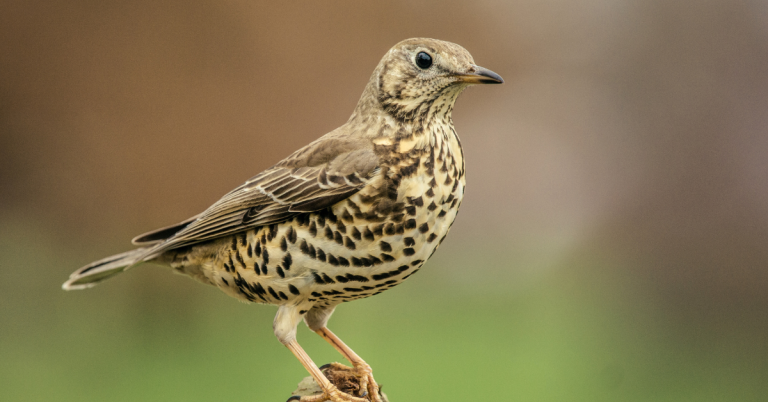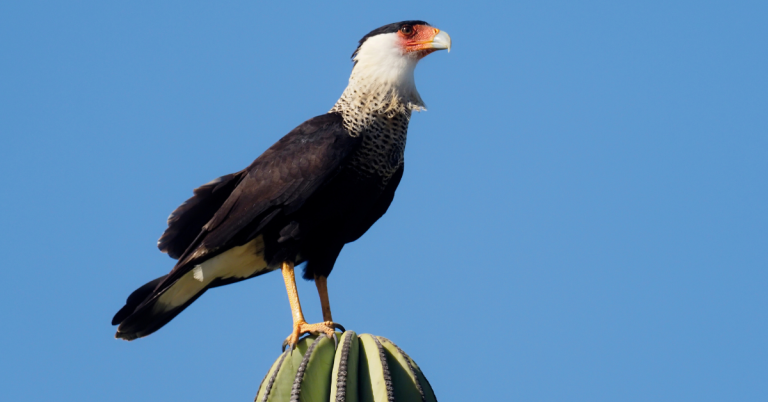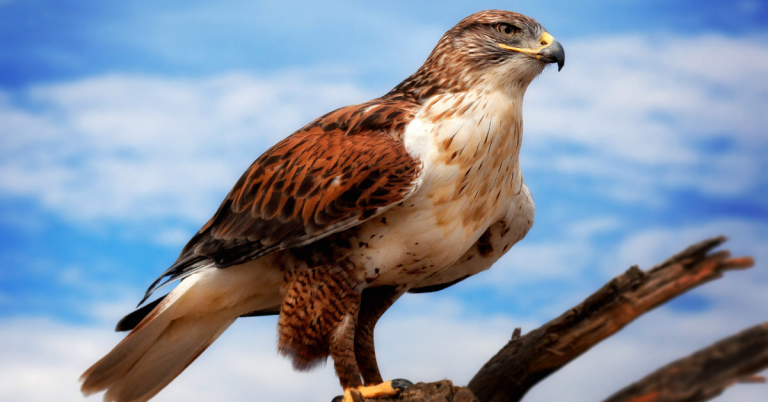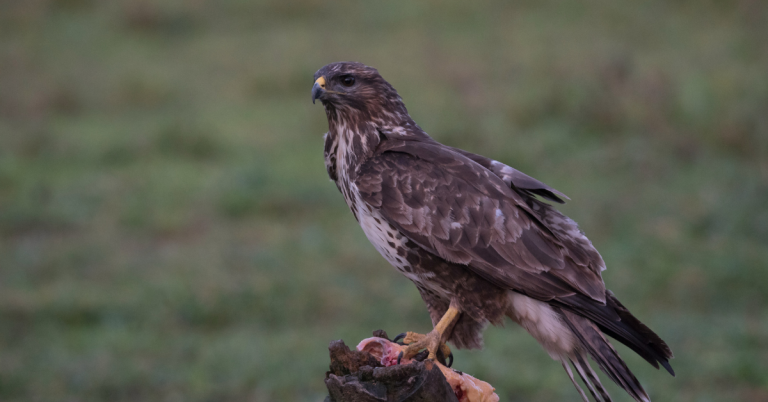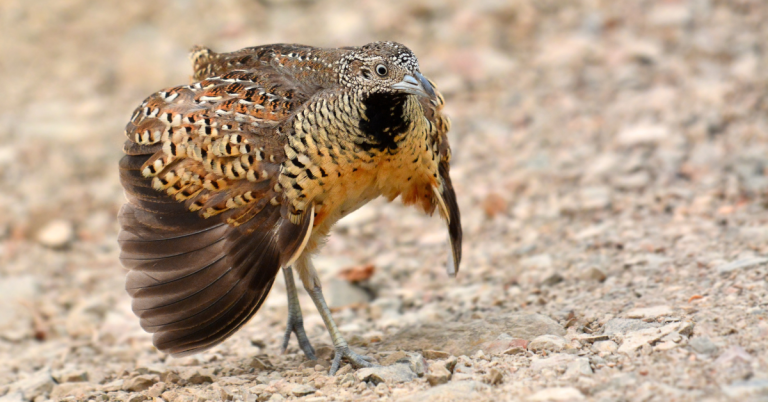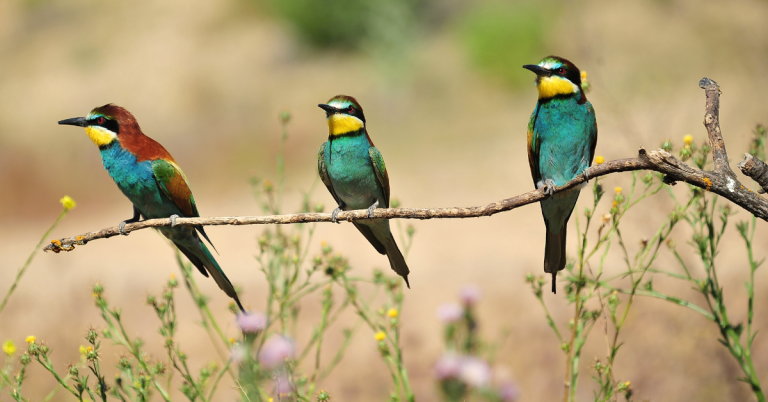elephant hunting guide
Hunting elephants is a highly challenging and controversial pursuit that requires exceptional skill, patience, and a deep understanding of these magnificent creatures. This guide covers all aspects of hunting elephants, from understanding their behavior to choosing the right gear and ensuring ethical practices. Whether you are an experienced hunter or a novice, this comprehensive hunting guide will provide you with the knowledge you need to hunt elephants responsibly.
Understanding Elephant Behavior
Elephants are intelligent, social animals that live in family groups led by a matriarch. Understanding their behavior is crucial for successful hunting. Elephants are known for their strong social bonds, complex communication, and advanced problem-solving abilities. They are most active during the early morning and late afternoon, often traveling great distances in search of food and water. Elephants have excellent memories and can be highly protective of their herd members.
Choosing the Right Hunting Location
Selecting the right location is key to a successful elephant hunt. Elephants inhabit a variety of terrains, from savannas to dense forests. Researching and scouting potential hunting areas can significantly increase your chances of encountering elephants. Look for signs such as tracks, dung, and broken vegetation. Regions with abundant water sources and high vegetation density are also likely to attract elephants.
Effective Hunting Tactics
Tracking
Tracking is a primary method for hunting elephants. This involves following fresh tracks and signs to locate elephants. Pay attention to footprints, dung, and feeding sites. Tracking requires patience and a keen eye for detail.
Ambush
Ambushing elephants at waterholes or feeding areas can be effective. Set up in a concealed location and wait for the elephants to come to you. This method requires knowledge of the elephants’ habits and careful planning.
Stalking
Stalking elephants requires getting as close as possible without being detected. Use natural cover and move slowly to avoid detection. Pay attention to the wind direction to prevent elephants from catching your scent.
Ethical and Responsible Hunting
Ethical hunting practices are essential for the sustainability of elephant populations and the preservation of the ecosystem. Always follow local hunting regulations and obtain the necessary permits. Ensure a quick and humane kill by practicing your shooting skills and choosing the appropriate firearm and ammunition. Respect the animal and the environment by minimizing your impact on the natural habitat.
Field Dressing and Meat Processing
Once you have successfully harvested an elephant, field dressing is the next step. This process involves removing the internal organs to prevent spoilage. Use a sharp knife and follow standard field dressing procedures. Properly handling and processing the meat is important for safety and quality. If you are unfamiliar with the process, consider seeking assistance from an experienced hunter or professional.
Hunting Gear Used for Hunting Elephant
Firearms
Choose a high-caliber rifle that provides enough power for a quick and humane kill. Popular choices include .375 H&H Magnum and .416 Rigby.
Optics
A good quality scope with variable magnification will help you make accurate shots at various distances. Binoculars are also essential for scouting and spotting.
Clothing
Wear durable, neutral-colored clothing to blend in with the environment. Layer your clothing to stay comfortable in different weather conditions.
Accessories
Other useful gear includes rangefinders, GPS devices, and scent control products. Ensure you have a reliable knife for field dressing.
Species and Subspecies
Elephants have three species: the African bush elephant (Loxodonta africana), the African forest elephant (Loxodonta cyclotis), and the Asian elephant (Elephas maximus). Understanding the specific species in your hunting area can provide insights into their behavior and habitat preferences.
Hunting Legality by Area
Elephant hunting regulations vary widely by region. It is essential to research and understand the laws in your hunting area. Some regions have designated hunting seasons, bag limits, and specific permit requirements. Adhering to these regulations ensures the sustainability of elephant populations and helps maintain a balance in the ecosystem.
Legal and Cross-Border Considerations
If you plan to hunt elephants across state or national borders, be aware of the different legal requirements. Ensure you have the necessary documentation and permits for each area. Transporting firearms and games across borders may also have specific regulations that need to be followed.
Safety Tips
- Always inform someone of your hunting plans and expected return time.
- Carry a first aid kit and know basic first aid procedures.
- Be aware of your surroundings and potential hazards such as cliffs, rivers, and extreme weather conditions.
- Wear blaze orange or other high-visibility clothing to avoid accidental shootings by other hunters.
FAQs
Where is the best place to hunt?
The best places to hunt elephants are areas with abundant water sources and known elephant activity. National parks, wildlife reserves, and regions with established elephant populations are good starting points.
What is the best time to hunt?
Elephants are most active during the early morning and late afternoon, making these times ideal for hunting. Dry seasons can also be advantageous as elephants are more likely to congregate around water sources.
What are the best hunting methods?
Effective elephant hunting methods include tracking, ambushing, and stalking. Each method requires skill and practice to master.
What is the reason for hunting?
Hunters may pursue elephants for various reasons, including population management, conservation, and the challenge of the hunt. Ethical hunters aim to balance the ecosystem and contribute to wildlife management efforts.
FAQs
Where is the best place to hunt?
The best places to hunt elephants are areas with abundant water sources and known elephant activity. National parks, wildlife reserves, and regions with established elephant populations are good starting points.
What is the best time to hunt?
Elephants are most active during the early morning and late afternoon, making these times ideal for hunting. Dry seasons can also be advantageous as elephants are more likely to congregate around water sources.
What are the best hunting methods?
Effective elephant hunting methods include tracking, ambushing, and stalking. Each method requires skill and practice to master.
What is the reason for hunting?
Hunters may pursue elephants for various reasons, including population management, conservation, and the challenge of the hunt. Ethical hunters aim to balance the ecosystem and contribute to wildlife management efforts.

